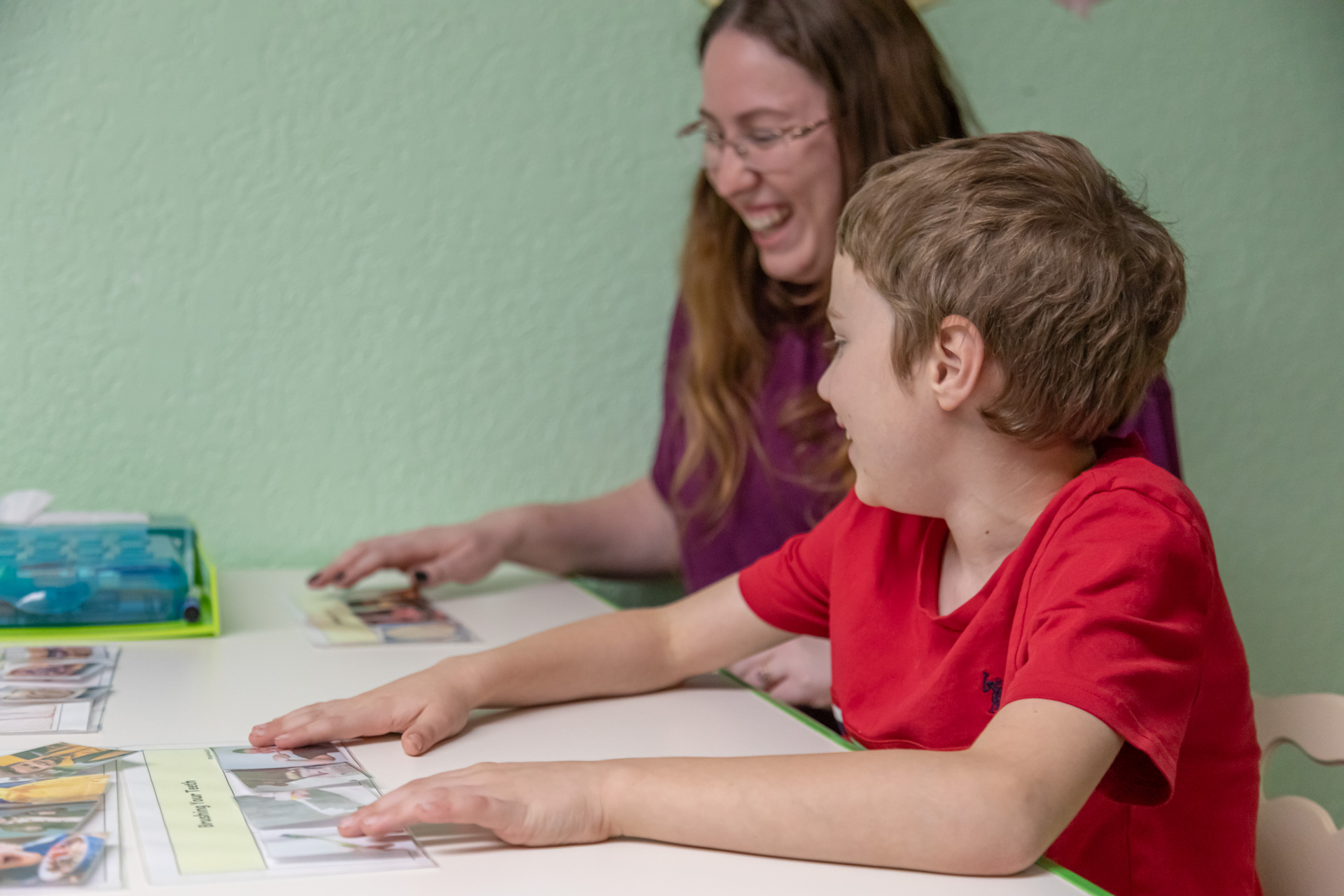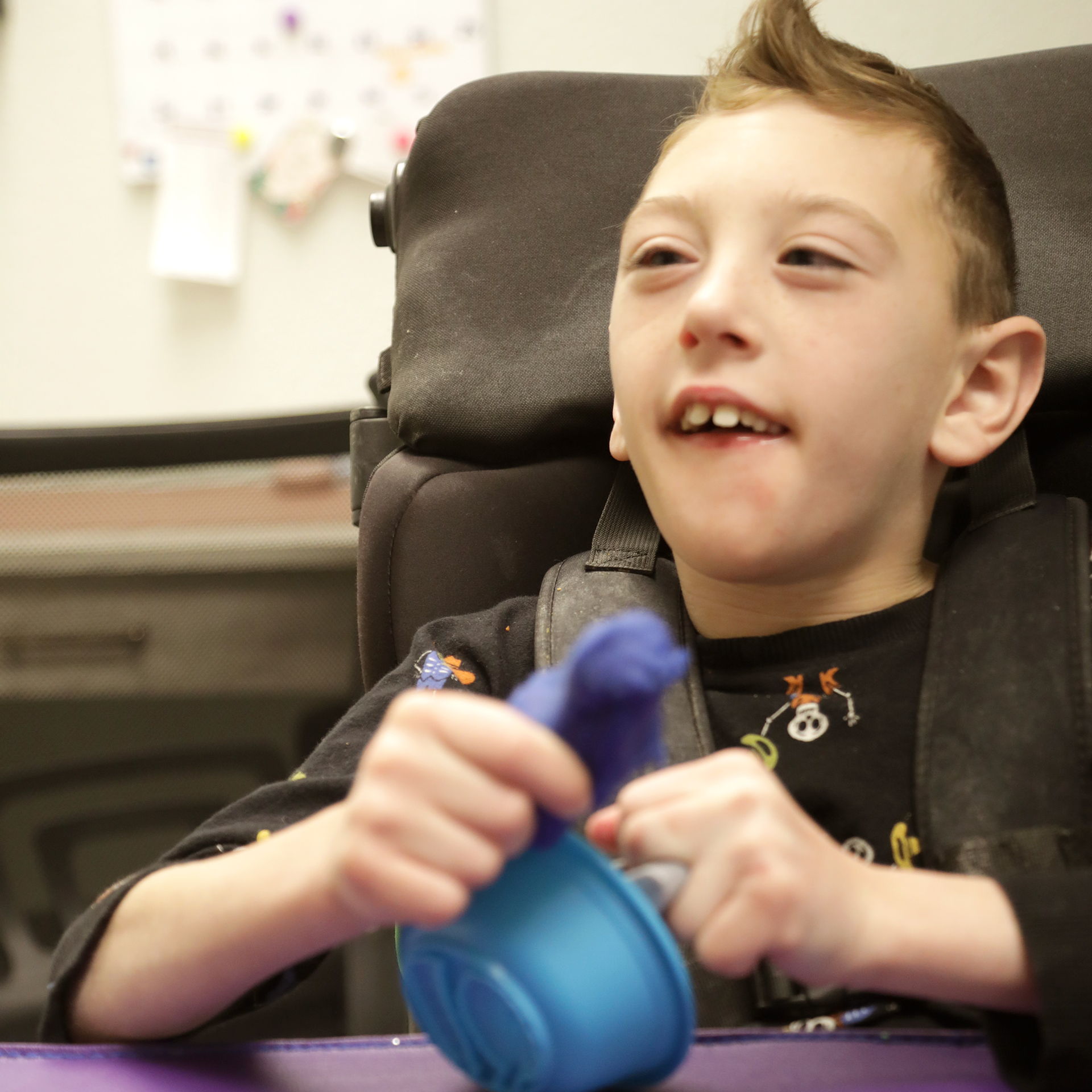How Speech Therapy Helps with Improving Auditory Processing Skills


Understanding the Power of Speech Therapy in Auditory Processing
Auditory processing is a complex neurological function that allows individuals to interpret, understand, and respond to sounds and speech in everyday environments. For those struggling with disorders like APD, or auditory processing disorder, speech therapy offers a pathway to improved listening, comprehension, and communication skills. This article explores how speech therapy supports the development of auditory processing abilities, the methods employed, specific programs like CAPDOTS, and the overall benefits for children and adults alike.
What is Auditory Processing Disorder and Its Educational Impact

What does educational content say about auditory processing disorder, including symptoms, causes, and therapies?
Educational resources describe auditory processing disorder (APD), also known as central auditory processing disorder (CAPD), as a condition where individuals can hear normally but have difficulty interpreting sounds and understanding speech. This disorder affects how the brain processes auditory information, leading to challenges in many daily listening environments.
Symptoms of APD include difficulties in understanding speech in noisy settings, following multi-step instructions, and distinguishing between similar sounds. These challenges can negatively influence reading, spelling, language comprehension, and overall academic performance. Individuals may also exhibit delayed responses, poor listening skills, and behavioral issues stemming from frustration or inattention.
The causes of APD are often unclear, although it can be associated with factors such as head injuries, frequent ear infections, or neurological development issues. It commonly begins in childhood, but adults can also experience auditory processing difficulties. Diagnosis requires comprehensive testing by trained audiologists, which assesses various skills like sound localization, auditory discrimination, and auditory memory.
While there is no treatment to completely cure APD, therapies such as auditory training programs, classroom accommodations, use of assistive listening devices, and speech therapy can significantly improve a person’s listening, comprehension, and communication skills. Early diagnosis and timely intervention improve the chances of better managing symptoms. Practical strategies include reducing background noise during classroom activities, using visual cues to support auditory information, and teaching children specific listening strategies. These approaches enhance the ability of individuals with APD to function more effectively both educationally and socially, ultimately helping them succeed despite their auditory challenges.
The Benefits of Speech Therapy in Enhancing Auditory Skills

What are the benefits of speech therapy in improving auditory processing abilities?
Speech therapy plays a vital role in helping individuals improve their auditory processing skills, whether they are children or adults. One significant benefit is the enhancement of listening skills, which includes better focus on sounds amid background noise and improved sound discrimination abilities. These skills are crucial for effective communication and academic success.
Another key advantage is the development of phonological awareness—the ability to recognize and manipulate sounds in spoken language. Through activities like sound matching, letter-sound games, and auditory discrimination exercises, individuals can strengthen their understanding of speech sounds, which supports reading and spelling development.
Auditory memory and pattern recognition are also targeted through specific training. Exercises such as sequencing sounds and storytelling activities improve the capacity to remember sequences and recognize auditory patterns, essential for language comprehension and processing complex instructions.
Speech-language pathologists employ various techniques, including sound discrimination exercises, auditory training games, and visual cues, to facilitate neural pathway development. In addition, they might recommend assistive devices like FM systems to improve listening environments, especially in noisy settings.
Early intervention ensures that individuals gain these benefits more effectively. Tailored therapy programs often lead to marked improvements in everyday communication, academic performance, and social interactions.
Overall, speech therapy reduces the functional impacts of auditory processing difficulties by equipping individuals with the skills to listen better, understand spoken language more accurately, and communicate more effectively in a variety of settings.
| Skill Area | Therapy Focus | Expected Outcomes |
|---|---|---|
| Listening skills | Auditory attention exercises | Better focus and listening in noisy environments |
| Phonological awareness | Sound recognition activities | Improved decoding and spelling skills |
| Auditory memory | Sequencing and storytelling games | Increased ability to recall spoken information |
| Pattern recognition | Recognizing and predicting sound sequences | Enhanced language comprehension |
| Speech-in-noise | Noise management strategies | Clearer understanding during conversations |
By targeting these areas, speech therapy offers comprehensive support that can transform the auditory experiences of individuals with processing difficulties, fostering better learning, communication, and social skills.
Techniques and Approaches in Speech Therapy for Auditory Processing

What methods and approaches are used in speech therapy to develop auditory processing skills?
Speech therapy employs a range of techniques designed to improve various auditory skills, especially in children with auditory processing disorder (APD). These methods are tailored to meet each individual's specific needs and aim to strengthen neural pathways involved in sound interpretation.
One of the primary approaches involves auditory training exercises. These activities are engaging and motivating, often utilizing games and technology to enhance skills such as sound discrimination, auditory memory, and temporal processing. For example, dichotic listening exercises, like the CAPDOTS program, use computer-based tasks to improve binaural integration and reduce ear advantages.
Phonemic awareness activities are also essential in therapy. These exercises focus on recognizing and manipulating individual sounds in words, which supports phonological processing and overall auditory comprehension.
In addition to direct auditory exercises, environmental modifications play a crucial role. Strategies such as reducing background noise, using visual aids, and implementing structured listening environments help individuals process sounds more effectively in everyday situations.
Advanced assessment tools performed by audiologists help identify specific deficits within the central auditory nervous system, ensuring that interventions are evidence-based and targeted. The combination of these techniques allows for a comprehensive approach that addresses both neural processing and real-world communication challenges.
By integrating these methods, speech therapy aims not just to teach sound recognition but to foster lasting neural changes, improving overall listening skills, speech understanding, and social interactions.
CAPDOTS and Its Role in Auditory Processing Improvement
What is CAPDOTS and how does it aim to improve auditory processing through speech therapy?
CAPDOTS (Central Auditory Processing Disorder Online Therapy System) is a specialized, evidence-based auditory training program designed to address deficits associated with CAPD. It is an online platform that allows users to undergo tailored therapy sessions remotely, using headphones via the internet.
The program is built on current neuroscience principles, focusing on exercises that target core auditory skills like ear integration, binaural separation, auditory memory, and divided attention. These skills are fundamental for understanding speech in noisy settings, following conversations, and developing language skills.
CAPDOTS provides structured modules that can be personalized to suit each individual's specific needs. This can be done in clinical environments, schools, or at home, making therapy more accessible and flexible. Progress tracking features enable therapists and caregivers to monitor improvement over time.
The primary goal of CAPDOTS is to enhance auditory processing capabilities, which underpin language comprehension, academic performance, and social interactions. By strengthening these skills, the program aims to improve listening abilities, helping children and adults better process spoken language, especially in challenging environments.
Overall, CAPDOTS facilitates targeted therapy that not only addresses auditory deficits but also contributes to better communication and learning outcomes, supporting individuals aged 5 and above in overcoming the challenges posed by CAPD.
The Connection Between Speech Therapy and Auditory Training Techniques

How are speech therapy and auditory training linked?
Speech therapy and auditory training methods work hand-in-hand to improve how individuals process sounds. Auditory training is often included as part of speech therapy programs to help people develop better listening and speech understanding skills. These exercises target key auditory skills like distinguishing sounds, understanding speech in noisy settings, and recognizing speech patterns.
What specific exercises and strategies are used?
Therapists use a variety of engaging activities to bolster auditory processing. For example, children may participate in sound localization games like 'Guess the animal' or develop auditory memory with storytelling activities such as 'I Went to Grandma’s.' Activities like 'Copy cat game' or 'Jump high and low' help children differentiate sounds based on loudness or pitch. Computer programs like Fast ForWord enhance neural responses by gradually increasing task difficulty and focusing on sound sequencing and discrimination. These exercises aim to improve listening accuracy, speech clarity, and language comprehension.
What are the benefits for language and social skills?
By strengthening auditory skills, individuals can better follow conversations, understand instructions, and participate more fully in social interactions. Improved listening abilities support language development, reading, and academic success. Children with enhanced auditory processing often display greater confidence, better classroom performance, and improved behavior. For adults, similar gains can lead to more effective communication at work and in social settings. Overall, integrating speech therapy with auditory training offers a comprehensive approach to overcoming communication challenges and fostering social and language growth.
Enhancing Communication Through Specialized Interventions
Speech therapy plays a vital role in improving auditory processing skills, offering a variety of evidence-based methods and interventions tailored to individual needs. Programs like CAPDOTS exemplify how technology and targeted exercises can effectively reinforce auditory skills such as sound discrimination, auditory memory, and binaural integration. These interventions not only support children and adults with APD but also foster better academic, social, and daily living skills. When combined with environmental modifications and strategic teaching techniques, speech therapy significantly reduces the challenges associated with auditory processing difficulties, paving the way for more confident communication and improved quality of life.
References
- Auditory Processing Disorder | Help with Communication
- Treatment for Children's Auditory Processing Disorder
- What Is Central Auditory Processing Disorder Therapy?
- Activities to Improve Language Skills in Children with APD
- APD Therapy / Intervention Services - Auditory Processing Center
- Activities for Kids with Auditory Processing Disorder - 1SpecialPlace
- Auditory Processing Disorder Treatment - Gemm Learning
Recent articles

What to Expect at Your First Therapy Session
Discover what your child’s first therapy session looks like, from rapport building to goal setting, and how families can feel confident starting care.

Celebrating Small Wins: How Therapy Helps Kids Build Confidence All Year Long
Learn why small wins in therapy matter, how they boost your child’s confidence, and simple ways families can celebrate progress all year long.

Empowering Missoula Children to Grow With Confidence and Connection
Learn how ABA therapy in Missoula helps children build communication, independence, and confidence through personalized, family‑centered support at Advanced Therapy Clinic.

Compassionate Pediatric Therapy in Butte, Montana
A welcoming place where every child’s potential is celebrated

How Pediatric Therapy Helps Kids Thrive across Montana and Wyoming
A supportive guide for families exploring therapy options in Billings, Butte, Missoula or Sheridan.

How to Choose the Right Pediatric Therapy Clinic in Billings, Montana
A Parent‑Friendly Guide To Finding The Best Support For Your Child

